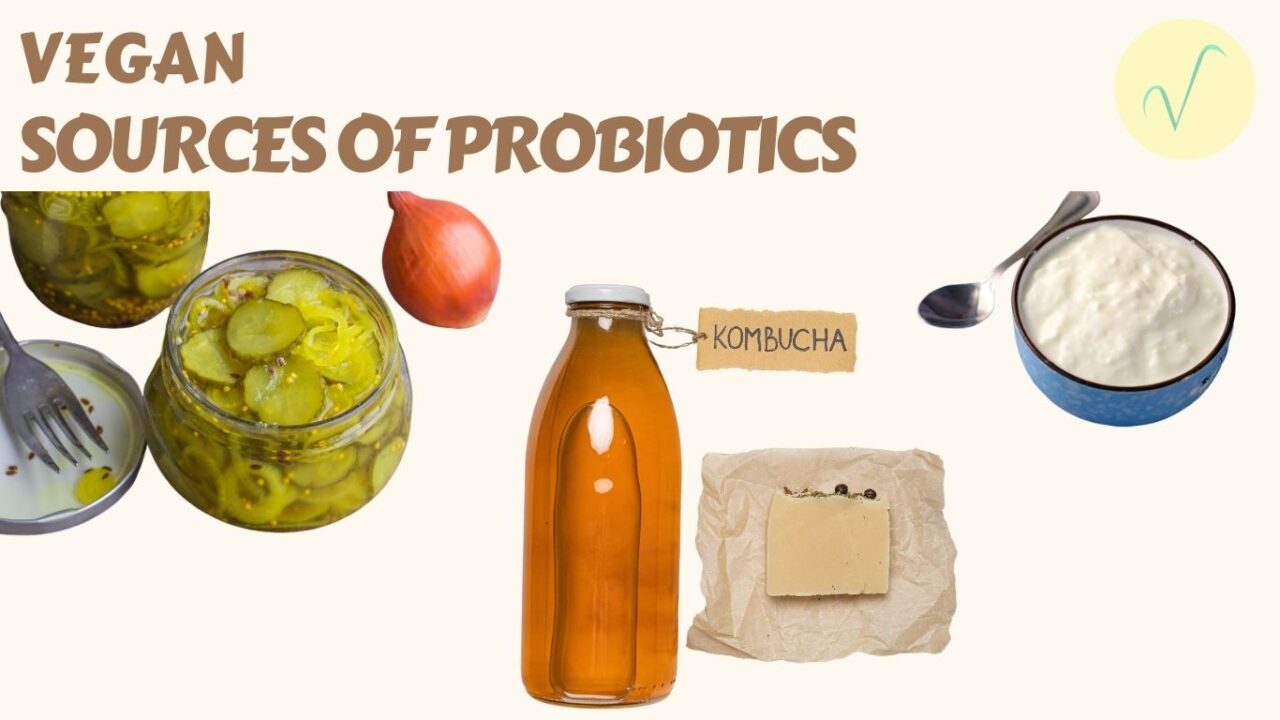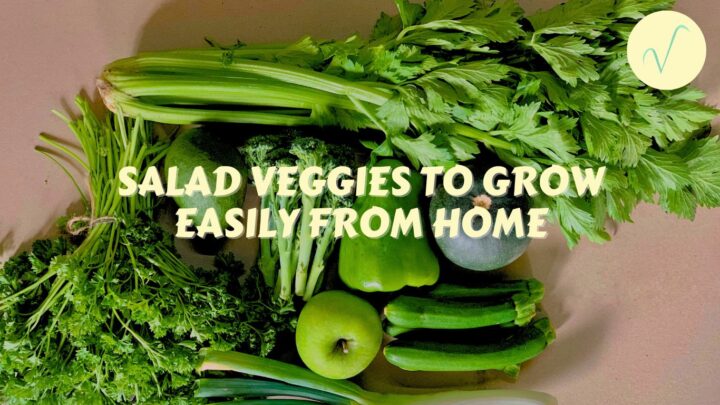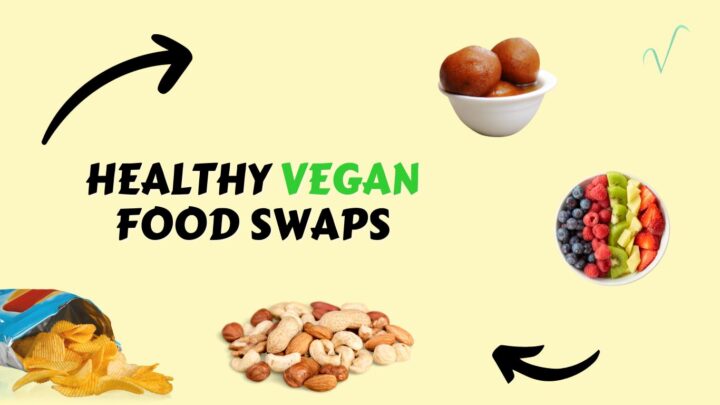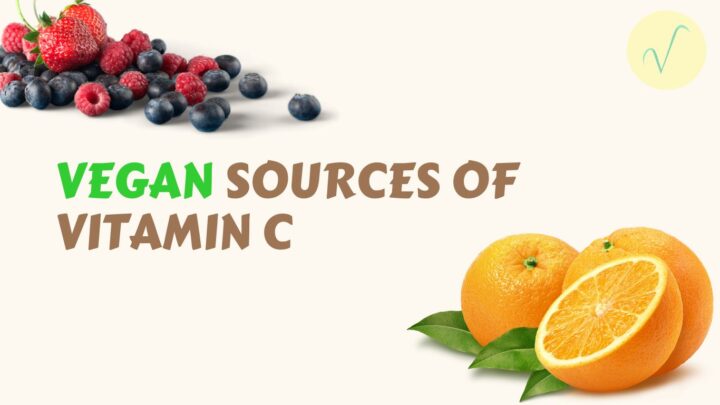When you first go vegan you might notice some changes in your digestion. As any well-planned diet should, vegan diets also require a good balance of probiotics in the diet to balance the gut flora.
Let’s go through some of these great vegan probiotic foods.
Kimchi & Sauerkraut
Kimchi is popular in Korean cuisine, essentially the spicy version of sauerkraut, which is fermented cabbage. Lactobacillus bacteria on cabbage breaks down into lactic acid, resulting in a cabbage side dish that is rich in nutrients and probiotics.

Kombucha
Kombucha is fermented tea that’s good for the gut. With numerous brands and flavours available, looking after your gut health has never tasted so good.

Miso
Not just the salty taste of miso soup, miso is rich in antioxidants, b-vitamins and probiotics. It’s recommended to use warm water as opposed to cold, so as to not kill the probiotic bacteria.
Pickled veggies
Typically pickled in brine or vinegar, you can guarantee your probiotic fix with a small serving of pickled veggies. Think about that next time you want to leave pickles out of your burger.

Sourdough bread
Sourdough bread doesn’t just taste great, it’s actually very beneficial for your gut. Considering its made of fermented flour and water, it’s a great source of probiotics for vegans; just make sure the sourdough bread you buy is traditional in how it’s made.
One of the better vegan probiotic foods on the list, for vegans and non-vegans alike.
Tempeh
Tempeh is, in its essence, fermented tofu. It also happens to be one of the biggest plant-based sources of protein as a result, as well as probiotics for your gut.
Vegan yoghurt
Vegan yoghurts range from coconut, to oat and soy-based yoghurts.
If you check the label before buying, if you confirm the starter culture within is lactobacillus you can expect a respectable amount of probiotics per serving.
Vegan probiotic supplements
If neither of those foods are your bag, you don’t want to rely on them for probiotics, or for any other reason, that’s what supplements are for.
Just make sure when sourcing your probiotics that they are in fact vegan, and ensure they’re they’re from reputable sources, considering the FDA doesn’t regulate these products.

Do vegans have different gut bacteria?
According to research, gut microbia composition is very different between omnivores and vegans.
Regardless of the small difference between vegans and vegetarians, it’s important to understand that digestive changes will come as a result of gut microbial shifts.
Benefits of probiotics for vegans
Studies show that the benefits of probiotics are many.
These include:
Improved gastrointestinal flora
Improved immune system
Lowered cholesterol
Cancer prevention
IBS treatment
Anti hypertensive effects.
Many of said benefits are a result of an improved immune system, with benefits even stemming to skin rejuvenating properties. Read the full study to see more for yourself.
How do vegans get probiotics?
Vegans can source probiotics from a few foods, namely:
- Fermented cabbage (kimchi or sauerkraut)
- Kombucha
- Miso
- Pickles
- Sourdough
- Tempeh
- Plant-based yoghurt
Top probiotic vegan foods
If you’re a new vegan, it’s especially important to ensure you have a good balance of gut bacteria, otherwise you may potentially experience digestive symptoms like bloating or indigestion. Now that you know, you can apply the knowledge however you’d like.
If you liked this post on vegan probioticics feel free to bookmark this post for future reference, drop a comment and tell a friend about veganising it!




